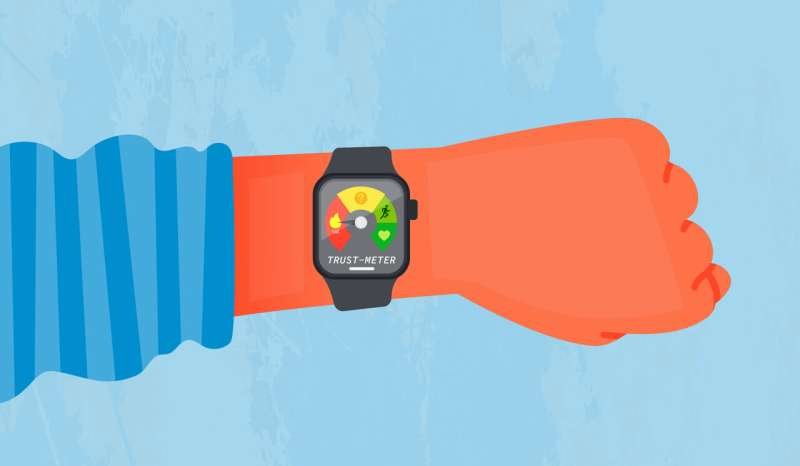
Many Americans rely on their Apple Watches or similar devices each day to count their steps, track workouts, and measure how many calories they burn. But are those wearable devices accurate?
University of Mississippi professor Minsoo Kang and doctoral student Ju-Pil Choe are working to answer that question.
Kang, a professor of sports analytics, and Choe reviewed 56 studies that compared the Apple Watch to trusted reference tools in measuring energy burned, heart rate and step counts.
Data from the National Institutes of Health shows that wearable technology has become increasingly popular across all types of users, from elite athletes to the general population, whether active or sedentary. As early as 2015, about 1 in 8 Americans reported using a wearable activity monitor. By 2019, wearable tech had become the top fitness trend, and the market continues to expand.
“If people are using them to make decisions about their workouts or even medical conditions, the data should be accurate,” Choe said. “If the numbers are off, it could lead to confusion, overtraining or even missed health warnings.”
The Ole Miss researchers conducted a meta-analysis to evaluate how the device’s accuracy varied by age, health status, Apple Watch version and type of physical activity.
The findings showed that Apple Watches are generally accurate when measuring heart rate and step counts. The researchers reported mean absolute percent errors, a standard measure of accuracy, of 4.43% for heart rate and 8.17% for step counts, while the error for energy expenditure rose to 27.96%.
This inaccuracy was observed across all types of users and activities tested, including walking, running, cycling and mixed-intensity workouts.
The results indicated that Apple Watches can be a good support tool, such as for tracking basic activity after surgery, but they should not replace clinical tools or medical judgment, Kang said.
“These devices are great for keeping track of habits and staying motivated,” he said. “But do not take every number as 100% truth, especially the calories. Think of it as a helpful guide, not a diagnostic tool. It is useful but not perfect.”
The researchers noted that newer models seem to be more accurate.
“While we cannot say every update is a big leap forward, there is a noticeable trend of gradual improvements over time,” Choe said. “It shows that Apple is refining the technology over time.”
Kang said he hopes this study will help consumers make informed choices about buying and using wearable devices and help manufacturers improve the technology people rely on daily.
“By showing where the weaknesses are, we can help developers get real feedback,” he said. “If they know what needs to be fixed, they can design better sensors or algorithms. “Our findings can guide improvements and help make these devices more useful for both everyday users and health care providers.”
The study is published in the journal Physiological Measurement.
More information:
Ju-Pil Choe et al, Apple watch accuracy in monitoring health metrics: a systematic review and meta-analysis, Physiological Measurement (2025). DOI: 10.1088/1361-6579/adca82
University of Mississippi
Citation:
Wearable tech returns results of varying accuracy for fitness metrics: Study (2025, June 3)
retrieved 3 June 2025
from https://medicalxpress.com/news/2025-06-wearable-tech-results-varying-accuracy.html
This document is subject to copyright. Apart from any fair dealing for the purpose of private study or research, no
part may be reproduced without the written permission. The content is provided for information purposes only.

